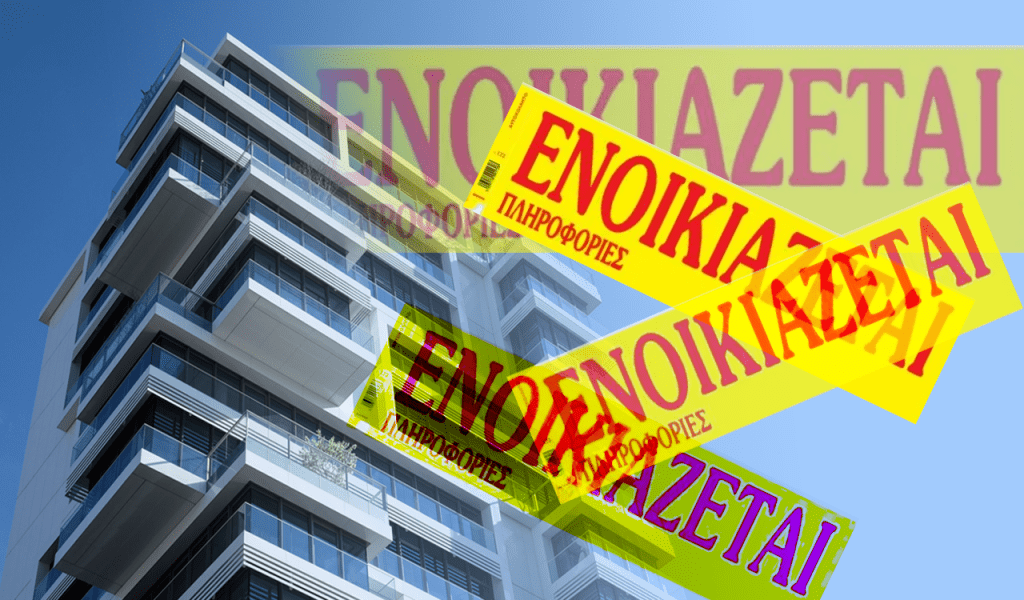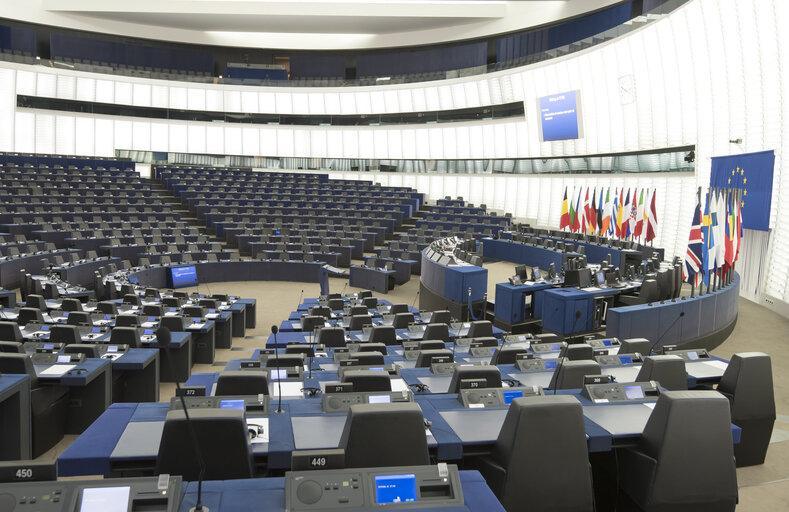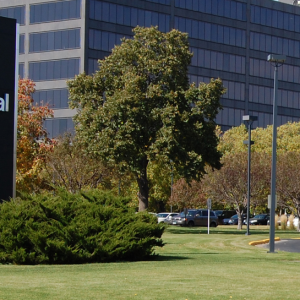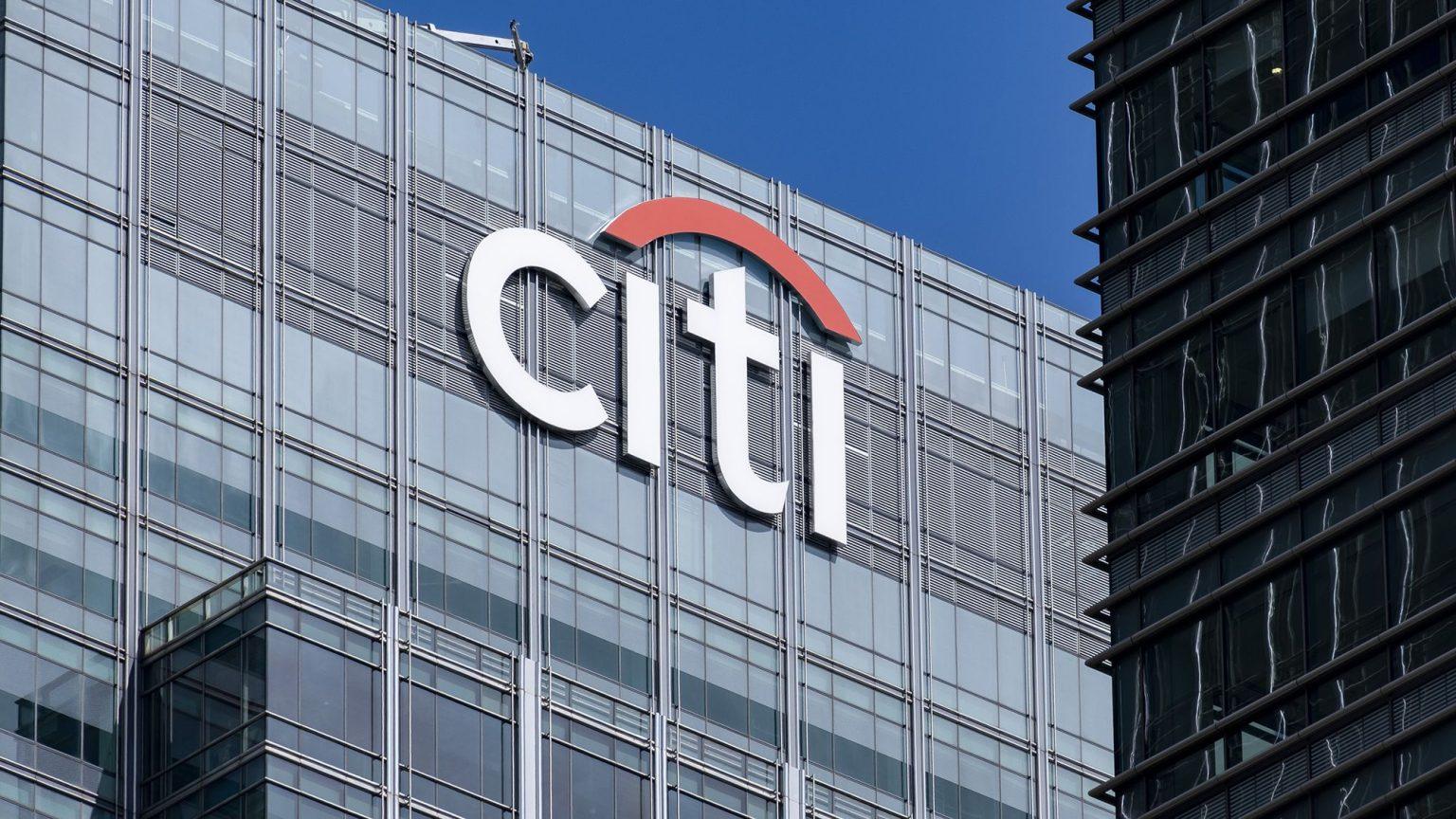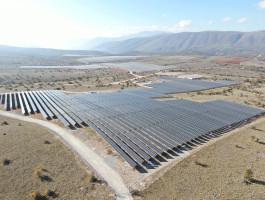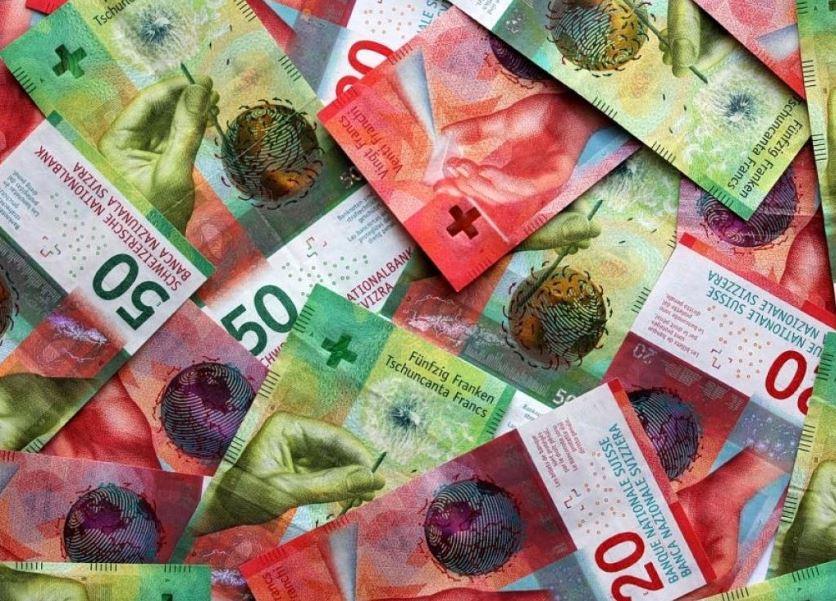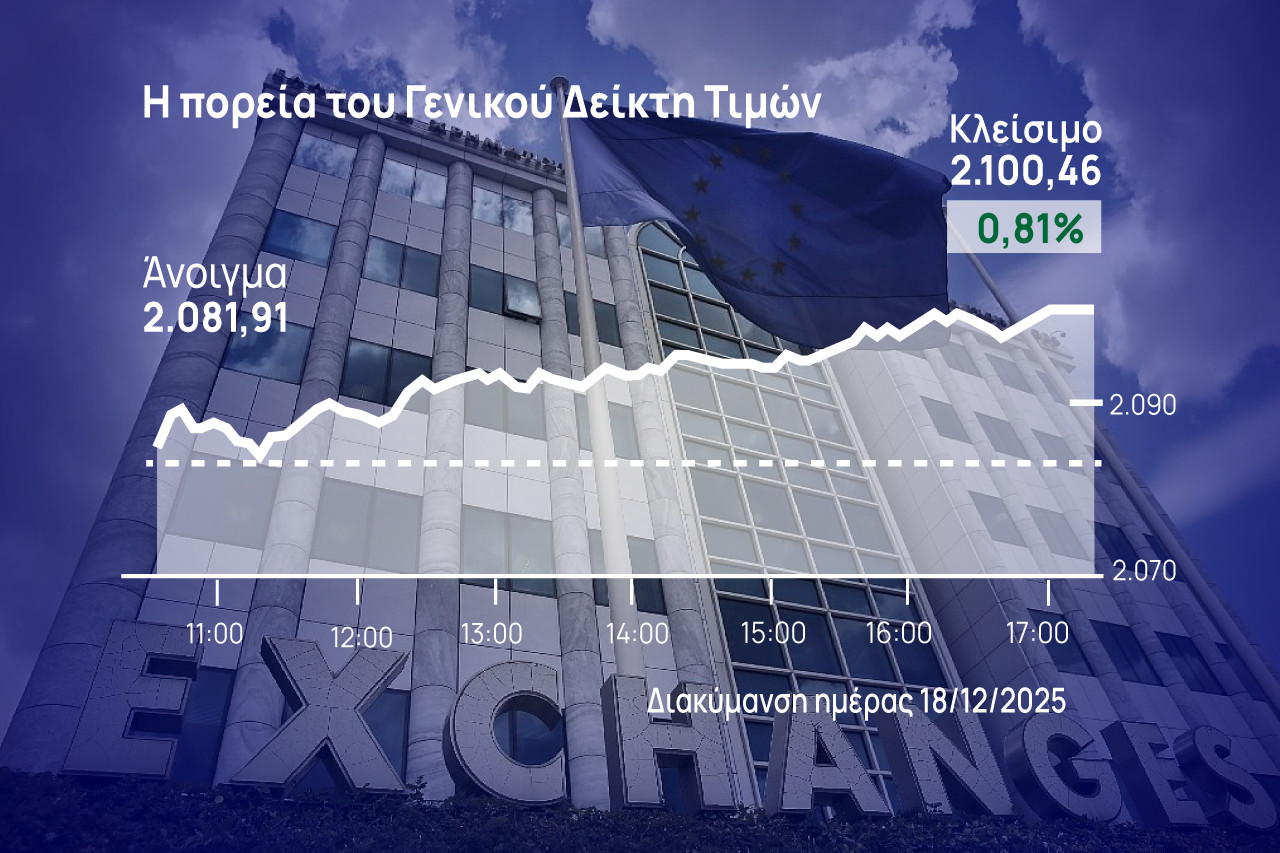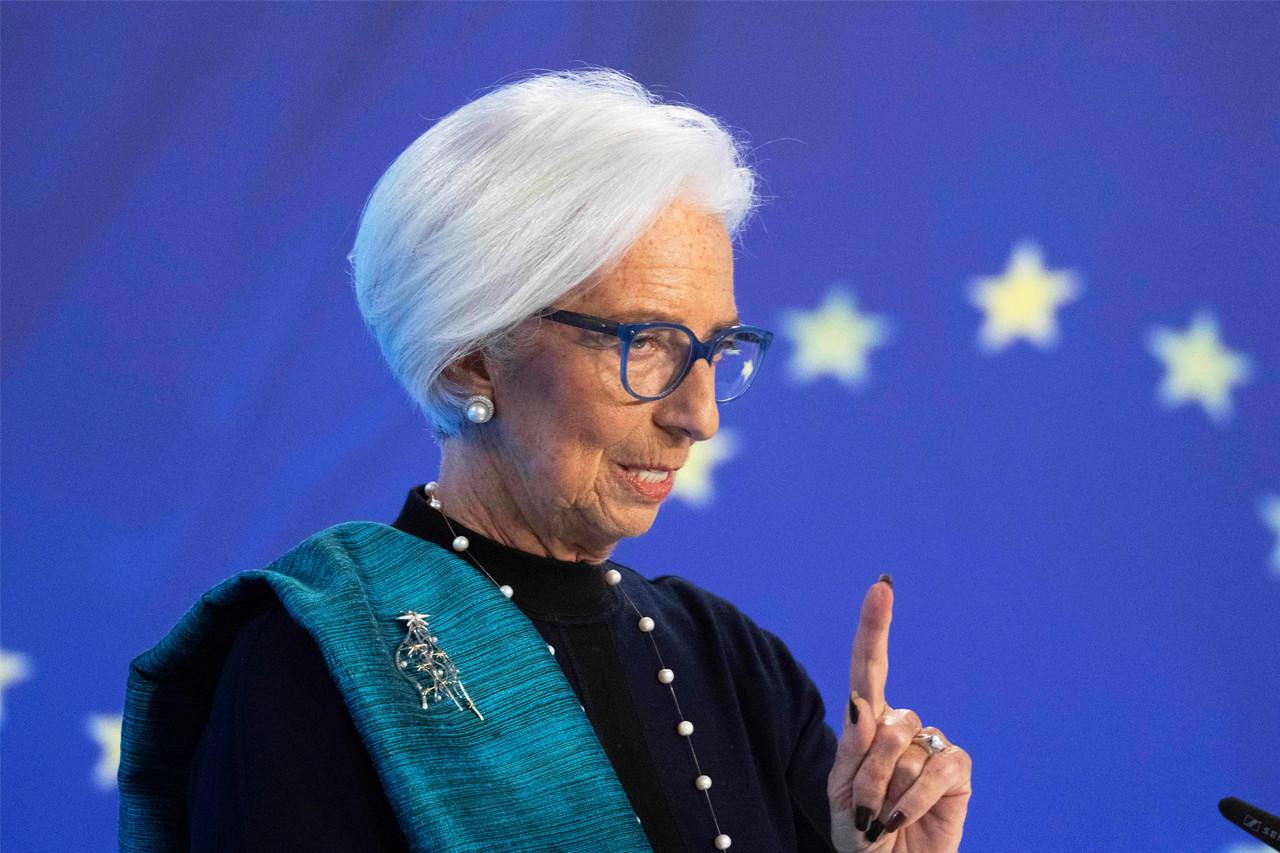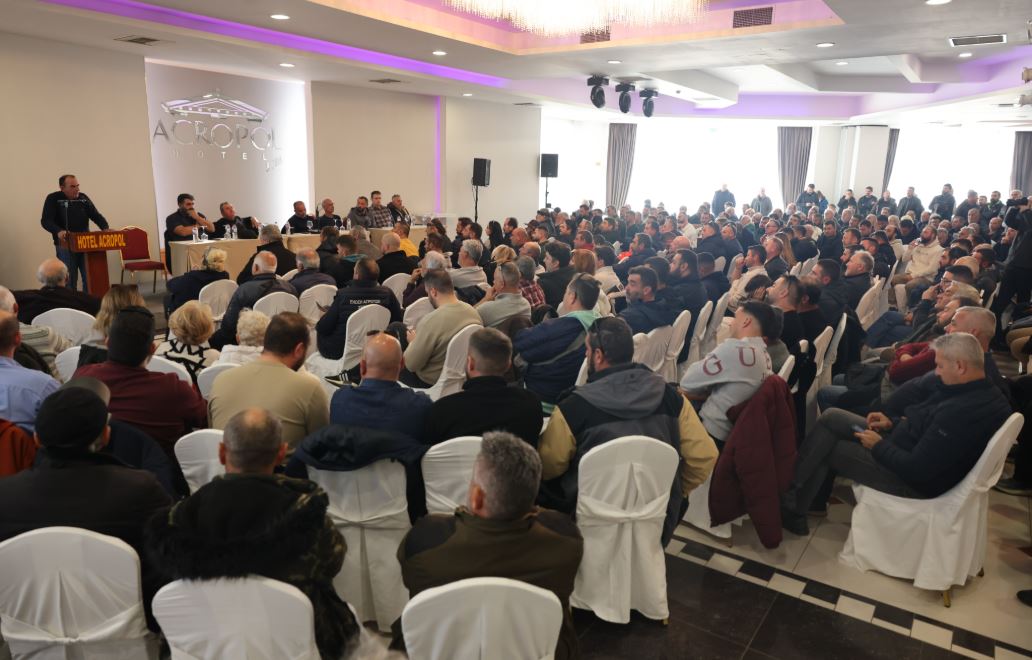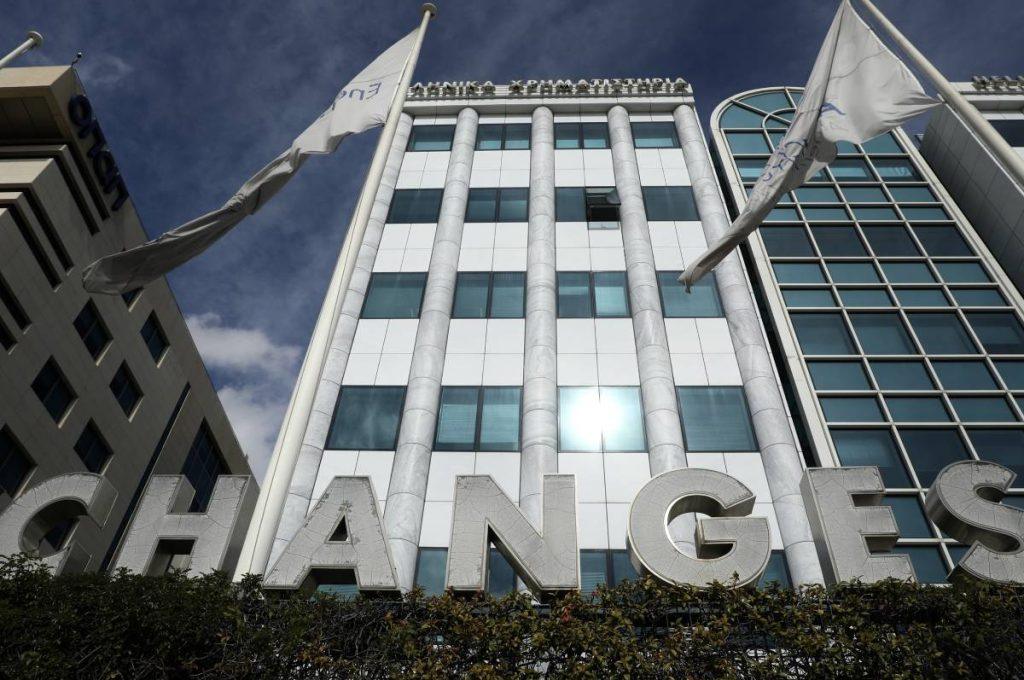Frankfurter Allgemeine Zeitung correspondent Michael Martens in an article refers to the current attitude of the Greek government towards Russia, attempting a comparison with the time of the NATO bombing of Serbia and writes:
“When a war broke out in Europe, in Croatia, Bosnia and Kosovo in the 1990s, there was great sympathy in Greece for the attackers. The regime of Serbian leader Slobodan Milosevic had been openly supported in many media outlets and on the streets. This was particularly evident in 1999 when NATO intervened on the Kosovo side. Then Prime Minister Costas Simitis, a Socialist, had to fight to keep Greece, a NATO member, on the path to the alliance. Almost a quarter of a century later, the picture is different. The policy of Russian warlord Vladimir Putin may enjoy the support of a smaller part of the Greek population, but a clear majority opposes Moscow’s aggression against Ukraine. This is related to a Ukrainian city, the name of which was well known in Greece long before the Russian invasion: Mariupol. The city in southeastern Ukraine and its environs is home to most of the Greek minority in Ukraine.”
The article refers to Foreign Minister Nikos Dendias’s visit to Mariupol last February and to Odessa in April, and to statements of support for the Greek minority. Regarding the comparison with the bombings in Serbia and the interest of Greece, he writes: “Two Orthodox states are at war in Ukraine, while the victims in 1999 were mostly Catholic Croats, Muslim Albanians and Bosnians, for whom a large part of Greek society due to an imaginary proximity to the Serb orthodox ‘brother people’ felt minimal sympathy. In any case, the Greek government’s clear stance against Russian aggression can be based on the opinion of the majority. “

